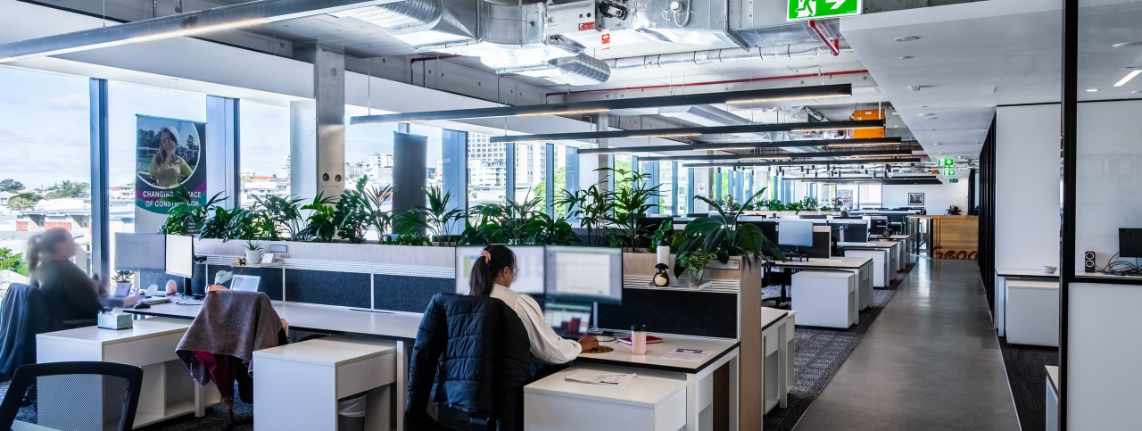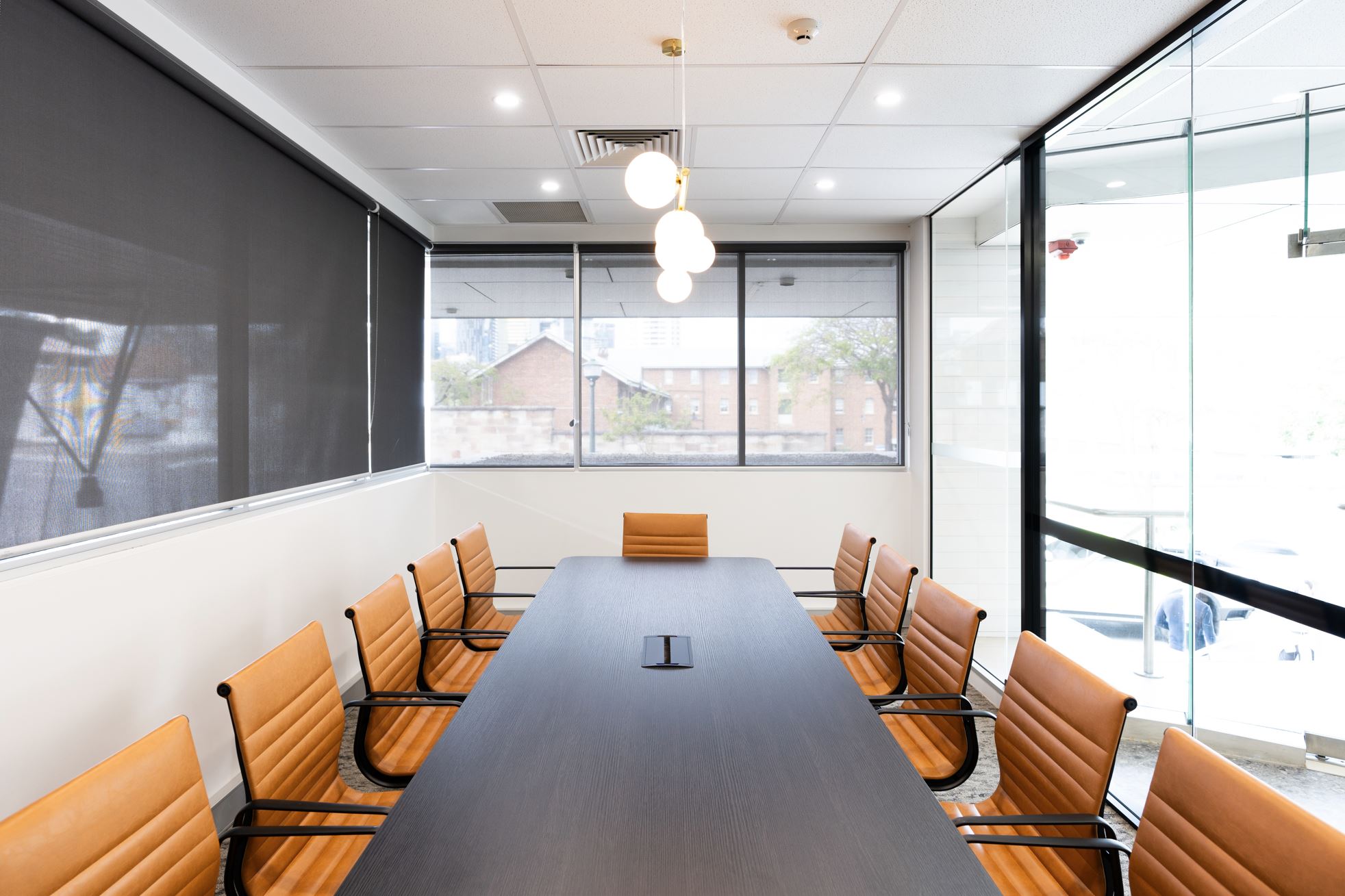What Is A Commercial Lease Option To Renew?
When you are securing a property lease for your business premises, there may be discussion of a commercial lease option to renew.
This is a common term within a lease agreement that allows the tenant to extend their lease period.
A lease agreement could offer a five-year term with a commercial lease option to renew for another five years, for example.
Commercial property lease options give certainty to a prospective tenant, as they can choose to stay longer in the premises, while also offering greater stability for the landlord.
Understanding the commercial lease option term, “the commercial lease option to renew”: an overview
A commercial lease option to renew is a clause in a commercial property rental agreement that offers a tenant the right to extend the lease for an additional term.
This right of extension allows the lessor to stay in the property for a longer period, without the cost and time loss from moving to a new premise.
The option will usually set out the additional term and what has to be done to secure the lease again. This may include signing up for the option well ahead of the lease expiry, so it is important that tenants understand and remember the option agreement details.
Any change to the rental amount, and how it is to be calculated, will often be set out in the original lease.
The benefits of having a commercial lease renewal option in a lease agreement, includes longer-term decision-making for tenants, which can often save money and effort by avoiding relocation costs. The certainty of a fixed rental increase may also be beneficial for financial forecasting, too.
How the option to renew works
The option to renew provides the right for a tenant to extend their term, but it is not automatic at the expiry of the lease. The agreement between landlord and lessor sets out the terms and conditions under which the renewal of lease can occur.
It starts with the inclusion of the option to renew within the original lease agreement. This should include a notification period, when the tenant has to notify the property owner of their intention to extend the lease. This is an important element.
If the tenant does not flag their intention to renew within the prescribed period, the landlord may choose not to renew the lease and find another tenant. This has led to legal action and evictions in the past.
There may be another round of negotiations after the option is exercised. This could include terms such as the length of the agreement, costs or incentives, rental amount, or other conditions.
Once all the legal requirements are fulfilled, the owner and tenant can sign another lease agreement, which replaces the original lease.
Factors to consider when deciding to renew
Making a decision to renew a lease is an important decision, given the impact on business operations, staff and future growth in the medium terms.
Tenants should assess their strategy and how well the current office suits their needs. How many people work in the office now, and how many will in the future? How will work-from-home factor into your decision making? Is the space sufficient to accommodate growth?
The financial implications are also critical. Lessors should consider their rent and how it fits within the current market for commercial property. If there is increased competition in the market, there may be the potential to move to a higher classification office space or to seek a rent abatement.
Could this be an opportunity to renegotiate the terms of the lease? There may be an opportunity to discuss incentives, such as rebates on maintenance, body corporate fees or taxes.
Negotiating the renewal terms
Tenants should be prepared when it comes time to negotiate the renewal of lease terms. Remember that the option agreement must be agreed to within the legally agreed time period, otherwise the option is lost.
Research the market. There may be other options available if the market conditions have changed in the time since your original lease. Knowing the contemporary market will give you a better understanding of how much is a fair rental rate and the competition on offer, which will help your negotiating power.
Consider the factors that are important to your business. Is it the size of the office or the rental amount? Perhaps it is a longer term so that there is stability for your operations, or maybe you need to keep costs as low as possible. All these aspects are important and able to be negotiated.
During the discussions it may be useful to have the assistance of a legal representative to ensure all the terms and conditions are recorded correctly.
Aegis Property Group are experts in negotiating office leases and renewals. Contact the team today.
.svg)



